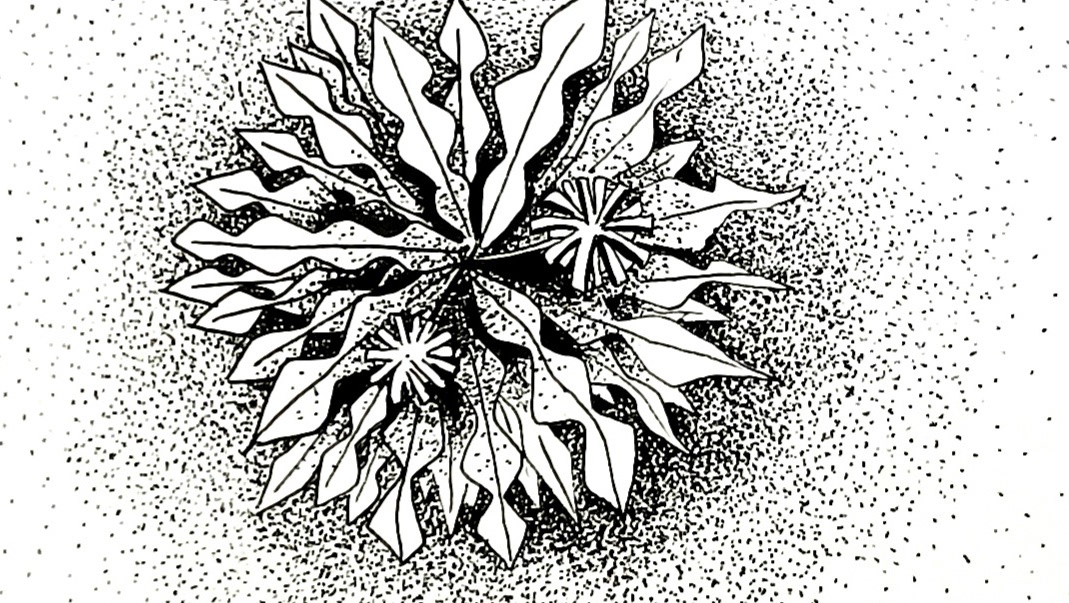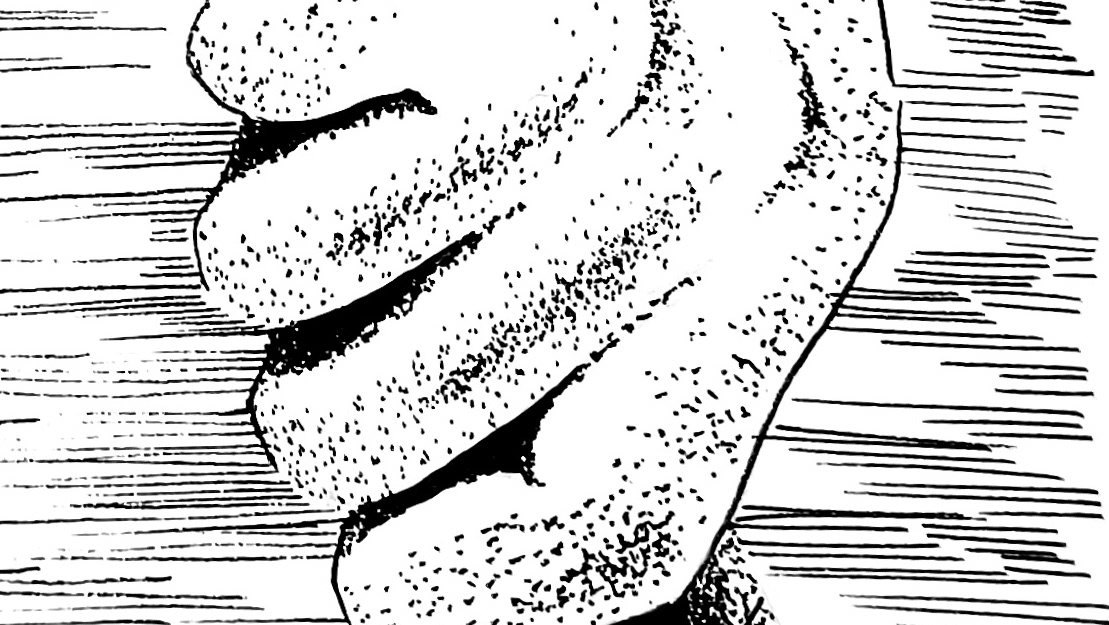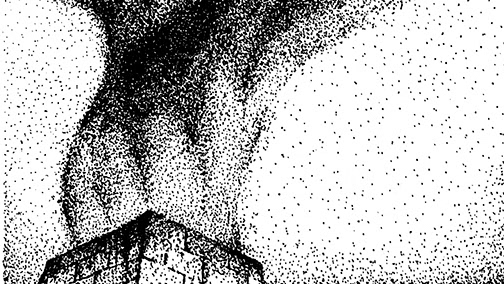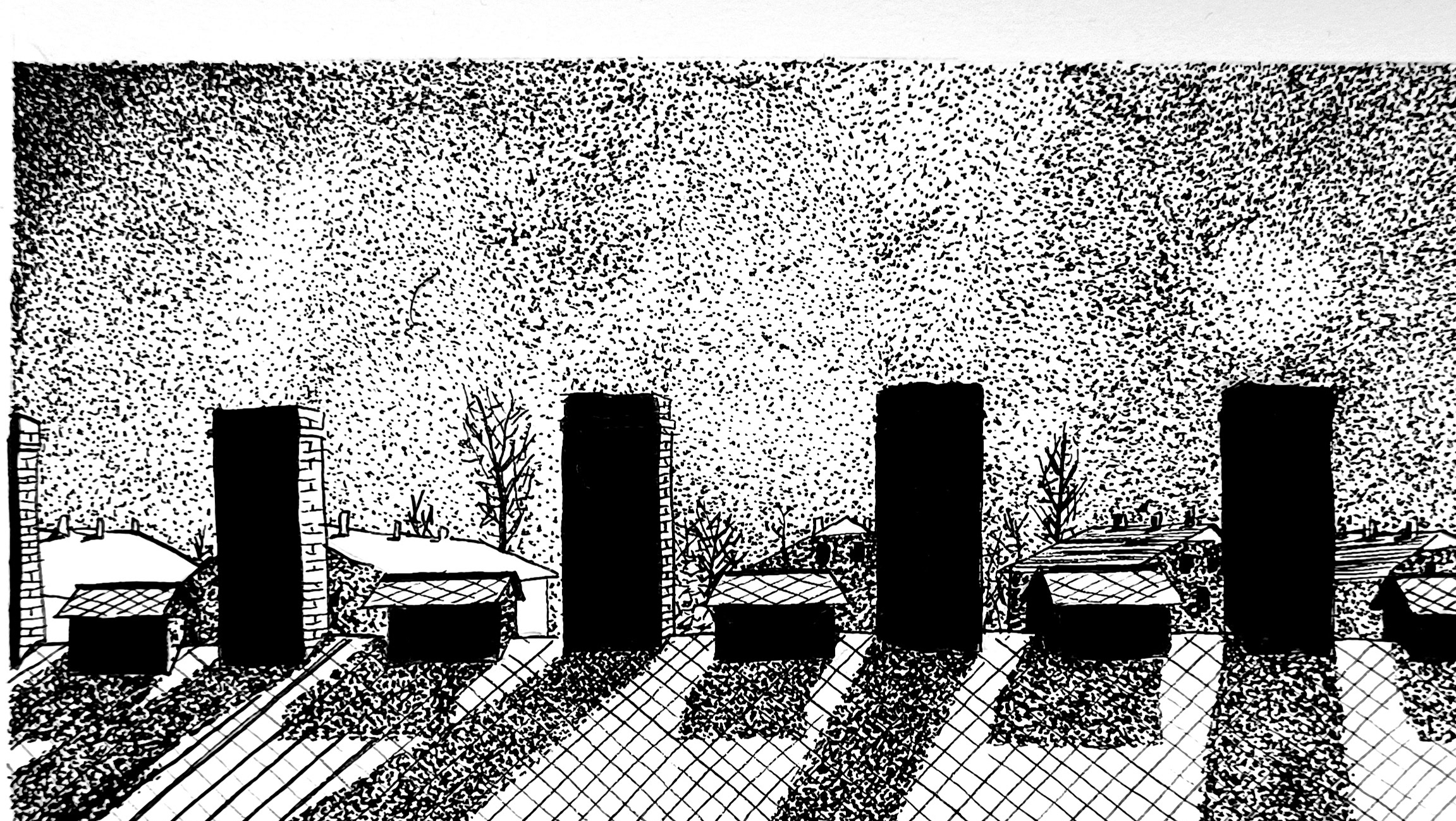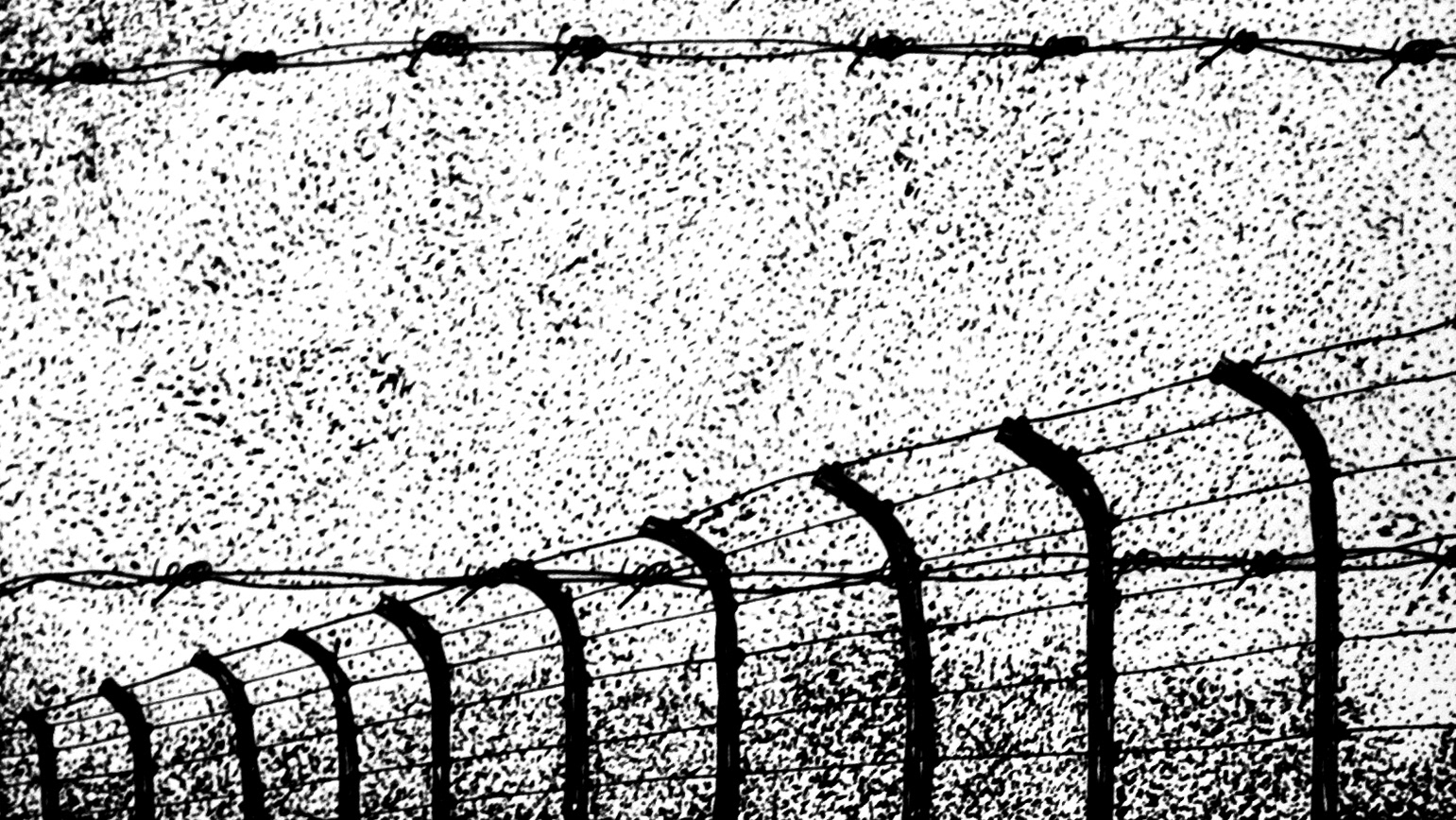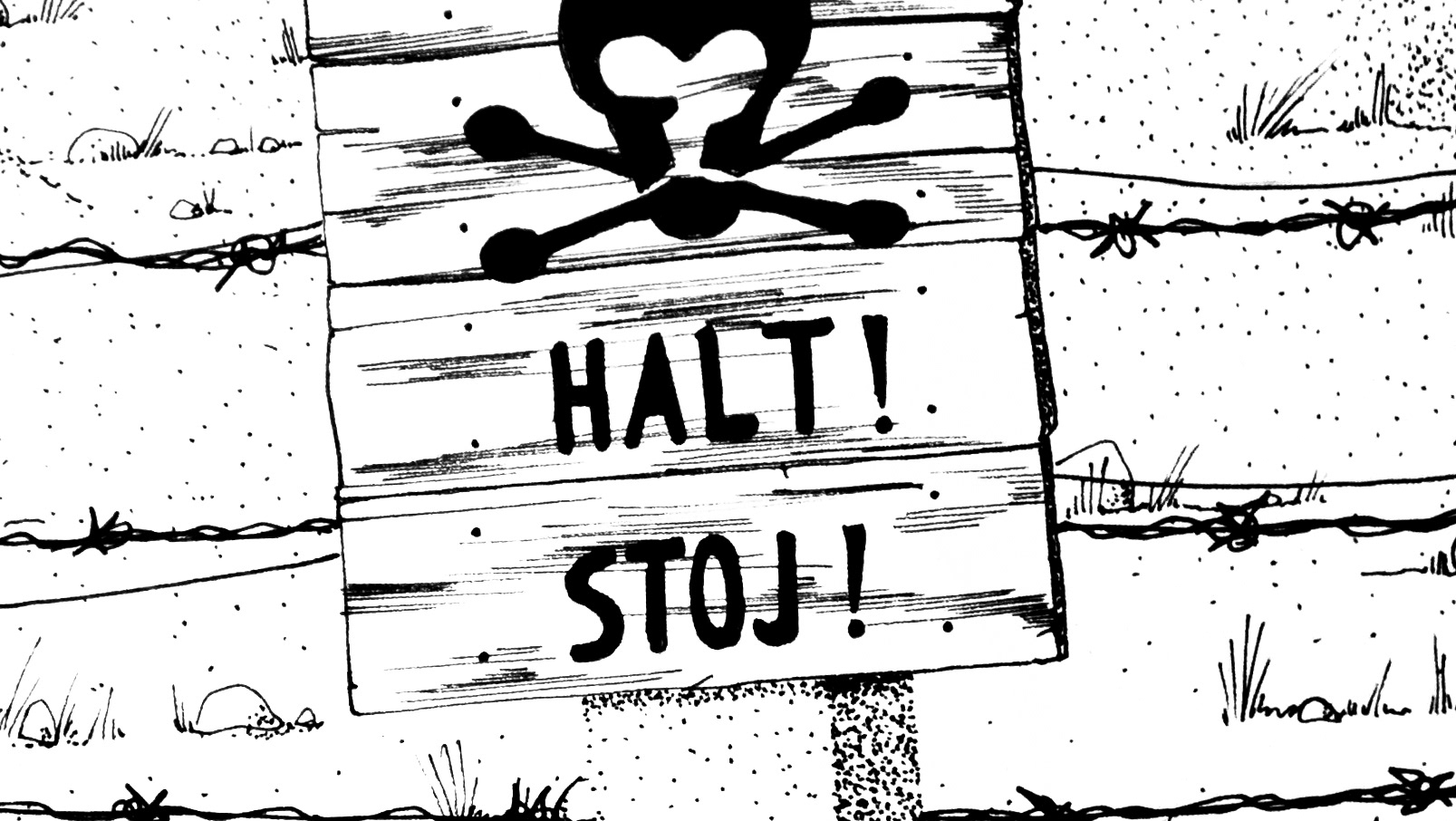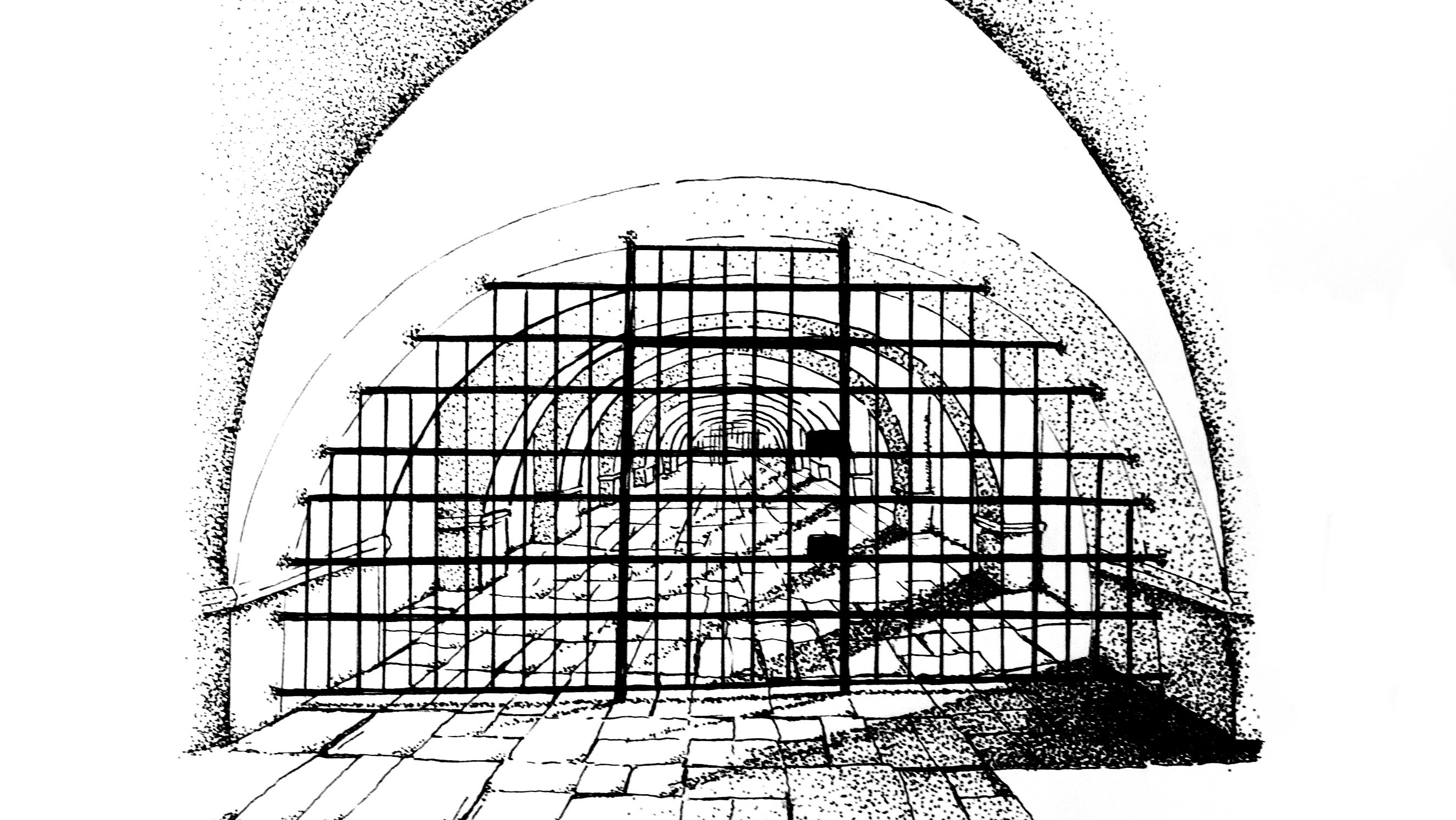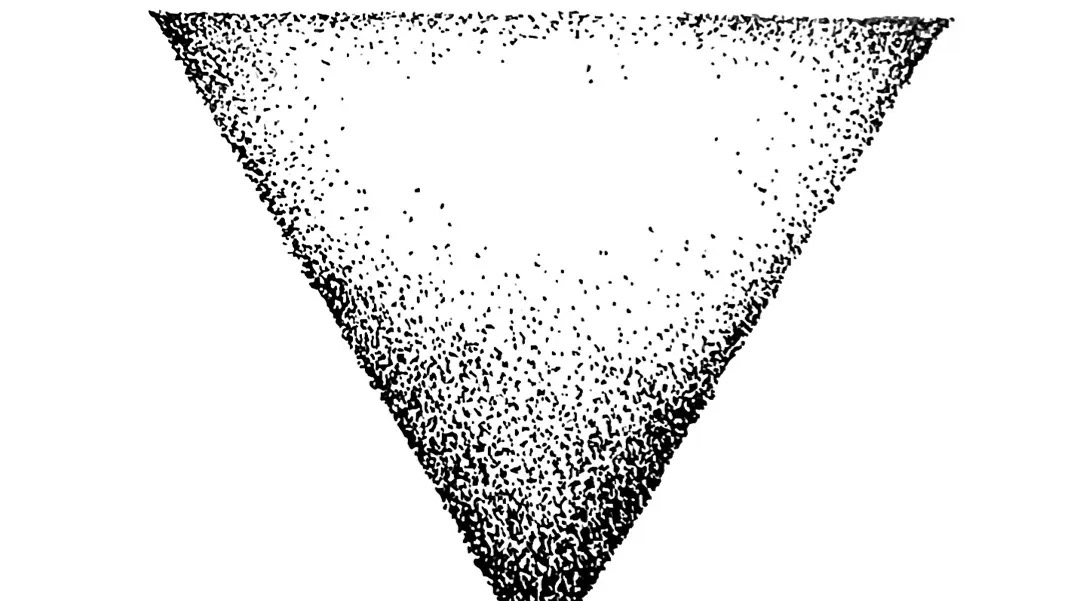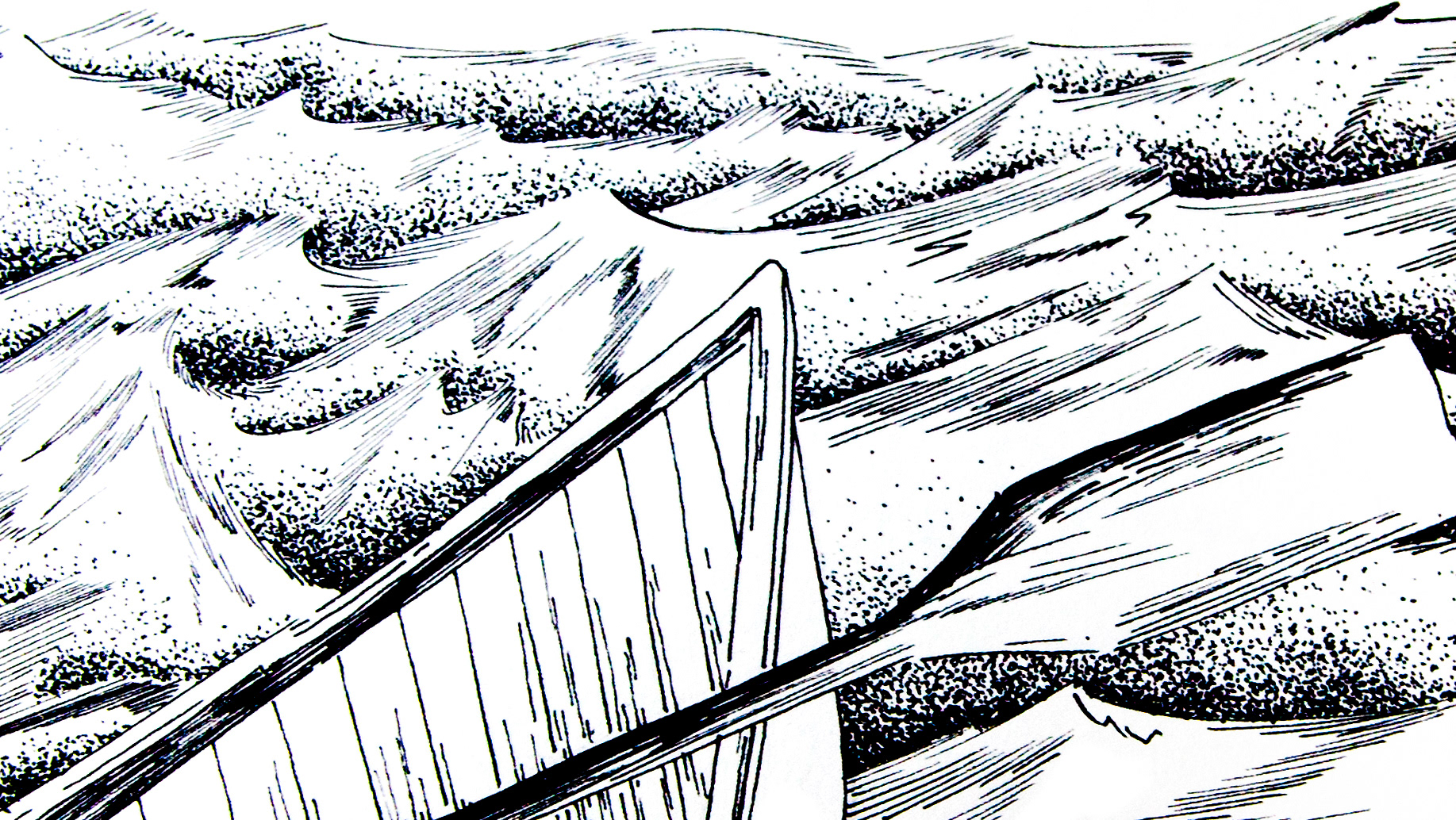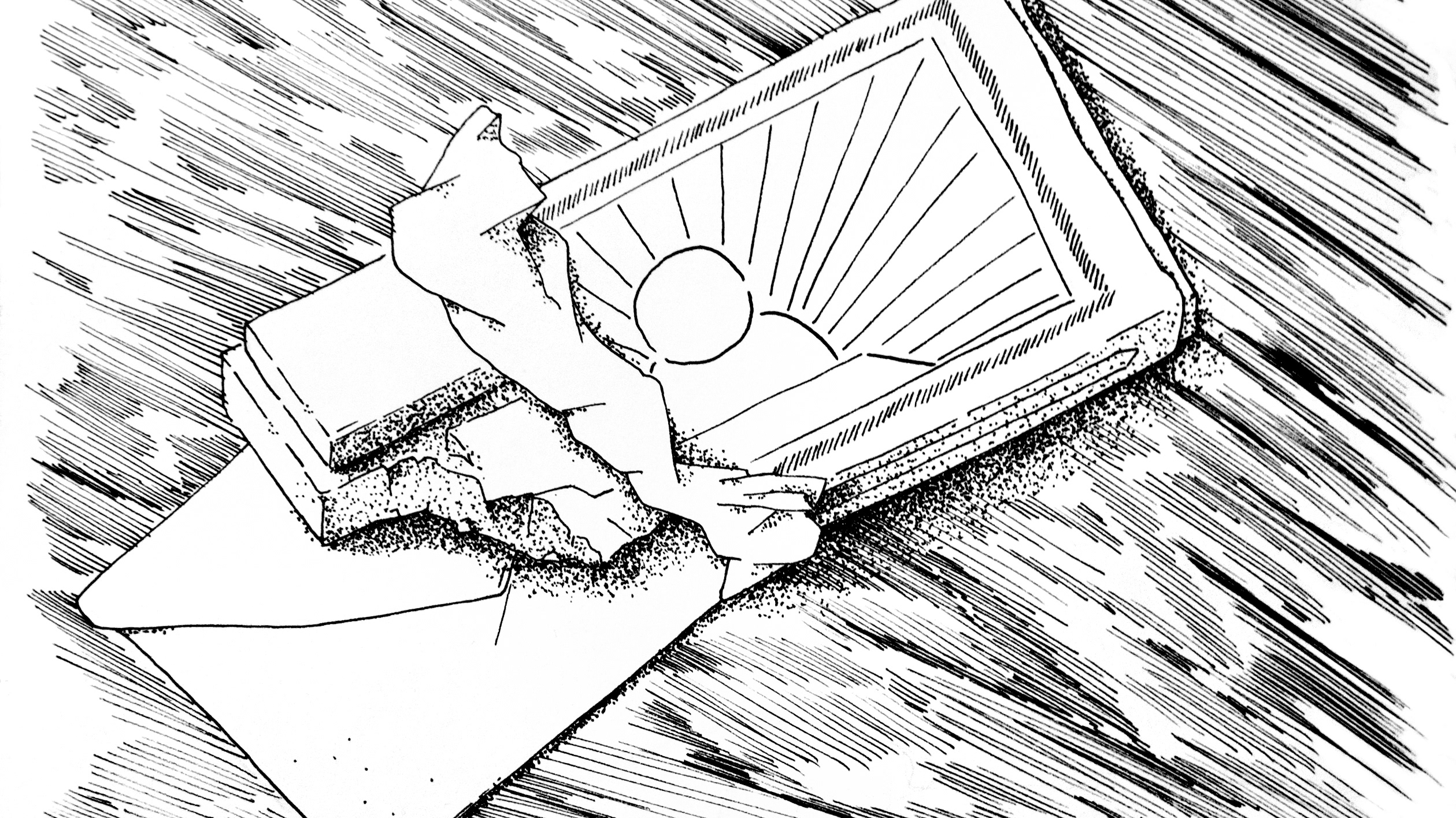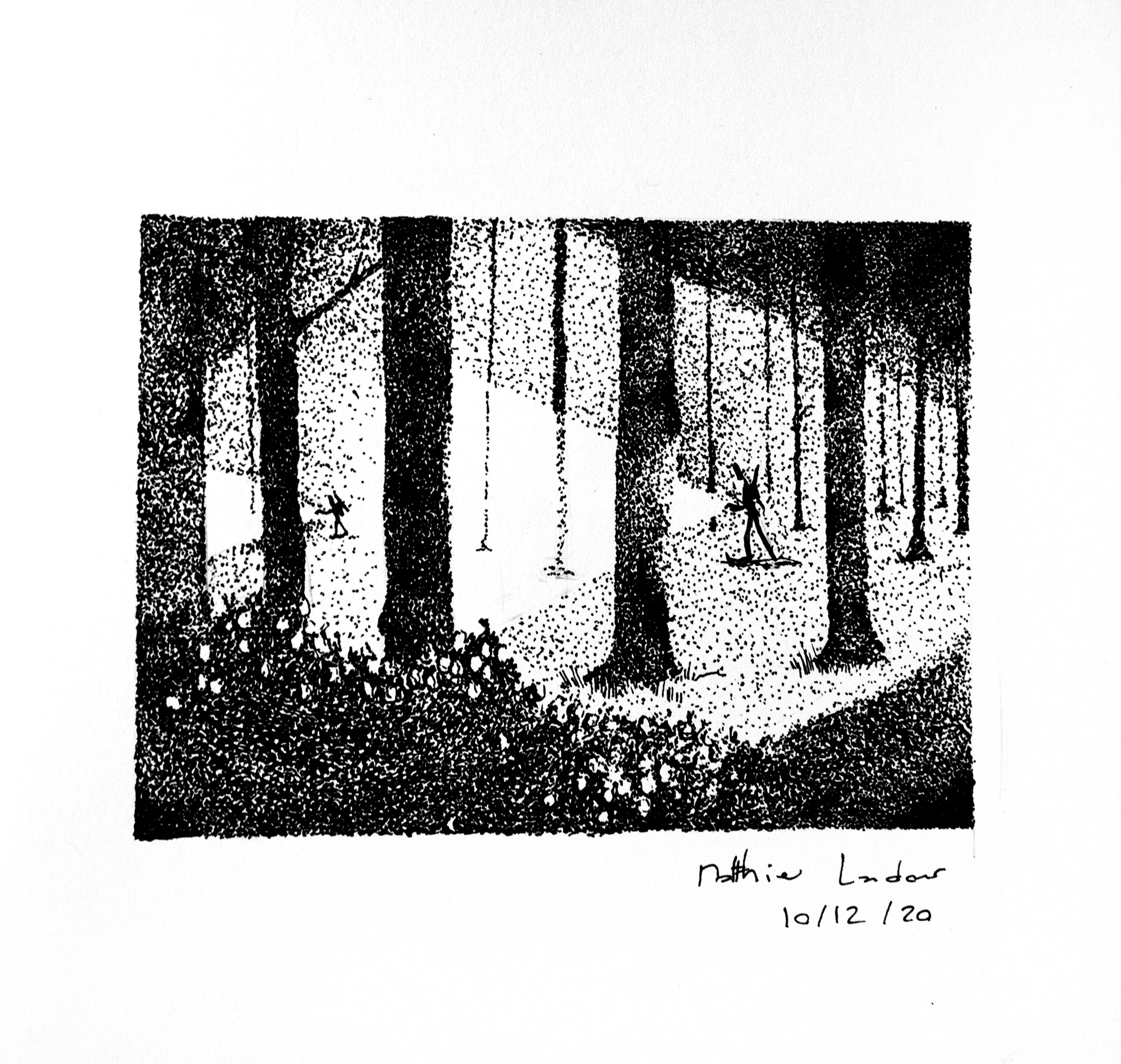
the hunters
Today is a sunday in Birkenau, and Antoine Corgiatti sees an opportunity for an escape. Birkenau doesn't have any water yet, so an entire kommando works at creating a canalisation system. They must dig a massive trench, and today they must make that trench outside of the camp, outside of the barbwire.
Antoine looks around, the SS aren't paying attention, too busy harassing a prisoner. He looks at his friend Giobbe Pasini, wondering if he will join him. But Giobbe won't take that chance, it feels too dangerous.
Antoine runs to the forest, he escapes. Because if you have a chance to escape, you should take it.
Back in Royallieu in Compiegne, Antoine Corgiatti was here because he was a hostage. In february 1942, the transformer nearby the city of Aubroue was sabotaged. No one knew who did it, so the german army decided to take hostages, including Antoine and Giobbe, 2 miners.
Antoine was not going to stay around that camp, neither would Giobbe. Then they heard that a group of prisoners were digging a tunnel. They were in as soon as they met with one of the key architects of the tunnel, Louis Eudier. The plan was simple, build a tunnel, then escape.
It wasn't that simple, of course. Building a tunnel makes noise, dirt and gravel. The miners had an idea. Why not build a second tunnel, official and known to the administration which will cover up the secret one? So they asked the cooks to pretend that a sump was blocked and bringing out disrupting smells in the kitchens. The only solution was to build a second sump, and the administration agreed. Perfect.
Back in Birkenau, the SS don't notice Antoine's escape right away, they only realise at the end of the day, during the count. If anyone died, that person had to be carried back and counted, it was the best way to check who was missing.
The SS are furious, they threaten everyone to give informations, they beat a few, no one says a word. Giobbe is so happy for his friend Antoine, he got away.
In the forest, Antoine runs as fast as he can. So far, no one is following him, no dogs, no SS. Eventually he would need to sleep somewhere, to find food. Escaping Birkenau was already a difficult thing, escaping german occupied territory is going to be far harder.
Back in June 1942 in Royallieu, it took weeks to dig the tunnel, everyone was exhausted. Not everybody could escape unfortunately, they had to make a choice about the maximum number of people before it compromised the whole operation. The length of the tunnel determined the number, 48 meters, the length of 19 people. Louis Eudier came with the bad news, he told all the prisoners that helped in the hope of getting in that tunnel that 19 others would go first, and that they would go another night. It was rough, but because Eudier was the bearer of bad news, it helped a little. Eudier was the main brain and muscles of the tunnel and he wasn't even amongst the selection.
On the 22nd of June, the operation began. The day was chosen carefully, a monday, because no one expects much from a monday, and also a big party was organised by all the prisoners of Royallieu. It was the perfect opportunity. 19 prisoners fled, they went in different directions, the organisation outside worked like clockwork, it was a success.
Back in Birkenau, Antoine finds a farm to spend the night. The farmer finds him, and even though Antoine doesn't speak polish, it isn't hard to understand he doesn't want him here. He offers Antoine milk, and Antoine leaves.
Antoine keeps on running but he can't move that fast, weeks in Birkenau have weakened him terribly. He can't run fast enough, certainly not faster than an army vehicle. Eventually he is arrested and brought back to the camp. Maybe the farmer denounced him, maybe not. When Giobbe saw Antoine again, he saw a man bruised entirely, the SS didn't pull their punches against him. But Antoine brought hope, even if he got caught.
Back in Royallieu, the german soldiers finally found the tunnel. No more second wave of escape, Louis Eudier, Antoine, Giobbe, Jean Quadri, Marcel Claus and all the prisoners who participated couldn't hide their disappointment. But 19 escaped, including Georges Cogniot, the redactor in chief of the now forbidden Humanity journal, Andre Tollet, Louis Thorez, Maurice Leonard,.... it was still a victory. The german soldiers were furious, even more as they realised that everyone was long long gone.
Back to the present, revenge is in the mind of a SS each time he looks at Antoine Corgiatti. He might have been severely beaten, this wasn't enough to the SS. Antoine is now constantly under surveillance, in case he tries to escape once more, and Antoine would have indeed escaped again at the next opportunity.
The SS throws a rock in the distance and orders Antoine to bring it back. Antoine obeys and walks away to get it. The SS takes his machine gun and shoots Antoine, pretending he was trying to escape once more.
Notes
Thank you very much for listening to this episode of 31000/45000, the story of 2 trains of french members of the resistance. This episode was about Antoine Corgiatti and the escapes in Auschwitz-Birkenau.
There is a misconception about the resistance and the escape attempts in Auschwitz-Birkenau. There were actually many resistance acts in the camps, most didn’t work yet a few did. In this episode I would like to focus on the escapes, which were actually plenty.
Amongst the 45000, if you don’t count those who escaped the trains, there were 2 escape attempts. Antoine Corgiatti did manage to run away for a few days, but he was ultimately denounced and caught. Escaping the camp was already a difficult feat, but there was nothing around the camps, so escaping german occupied Poland was even more difficult.
Another 45000 tried to escape, Marcel Fees. He attempted to run away from the camp, went through the 2 ranged of barbwires, which weren’t electrified at the time yet, but the guards in the miradors noticed him and shot him.
Regarding other escape attempts, so 928 prisoners attempted to escape from the Auschwitz camp complex-878 men and 50 women. 196 of those prisoners succeeded, some of those escapes were very significant as they became reports and testimonies about the terrifying life and death conditions within the camps.
The first escape was by Tadeusz Wiejowski,who dressed as a civilian worker and escaped on the 6th of July 1940. At the time, there were apparently civilian workers, which made that escape possible.
Mostly, the escapees were polish, they managed to escape by dressing as SS or guards and had significant outside help.
One of the the most impressive escape was on the 20th of june 1942. Four Poles, Kazimierz Piechowski, Stanislaw Gustaw Jaster, Józef Lempart, and Eugeniusz Bendera, stole uniforms, weapons and a car. They drove away and went away as far as they could.
I also mentioned that, back in the Royallieu camp near Compiegne, the 45000 dug a tunnel and 19 people escaped on the 22nd of June 1942. It was an incredible feat do dig a tunnel that long right under the nose of the german soldiers. I made an assumption that Louis Eudier was the one who brought the bad news of who was and who wasn't going to be part of the escapees, I don't know if he was the bearer of bad news, I have no way of proving it.
The fate of Antoine Corgiatti is a little unclear, as there are diverging testimonies. I made an assumption and chose one of those versions.
I have been trying to find Antoine Corgiatti’s relatives, or Giobbe Pasini’s, unfortunately, my research was unsuccessful. If by any chance, you know of someone related to them, please let me know, I would be very pleased to get in touch and make sure the text I wrote doesn’t contain any errors.
My sources for this story are the book red triangles in Auschwitz, by Claudine Cardon Hamet, the website deportes-politiques-auschwitz.fr, memoire vive and the foundation for the memory of deportation website and the fantastic website auschwitz.org .
This is it for today, thank you very much for your attention,the next episode will be about Julien Villette and the hierarchy within the camp.
